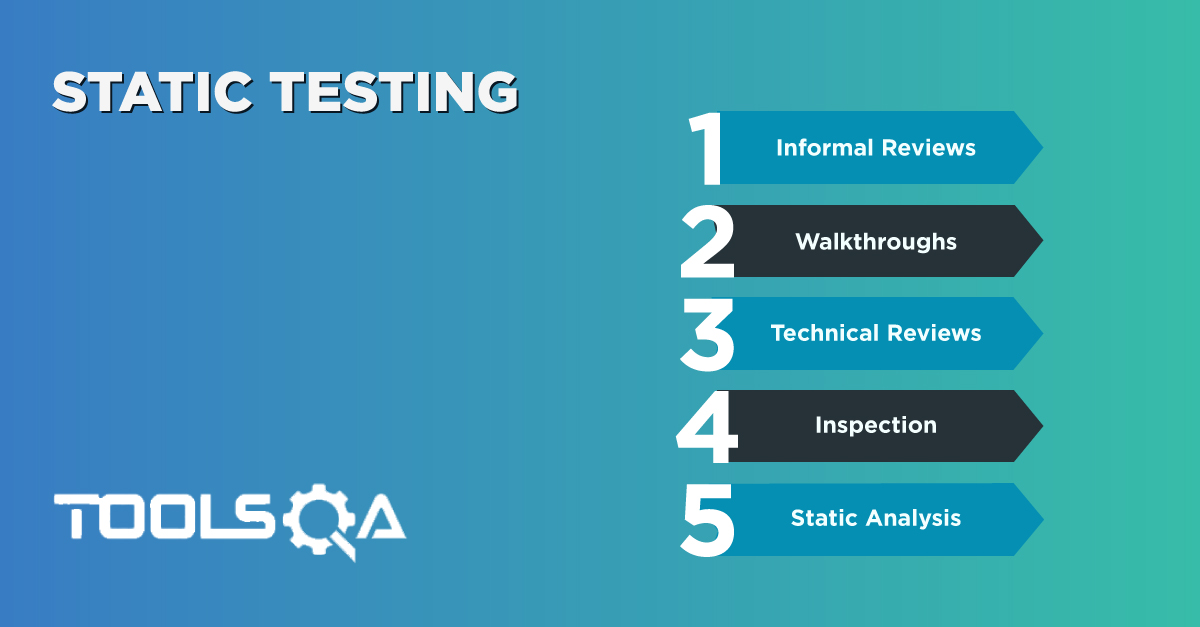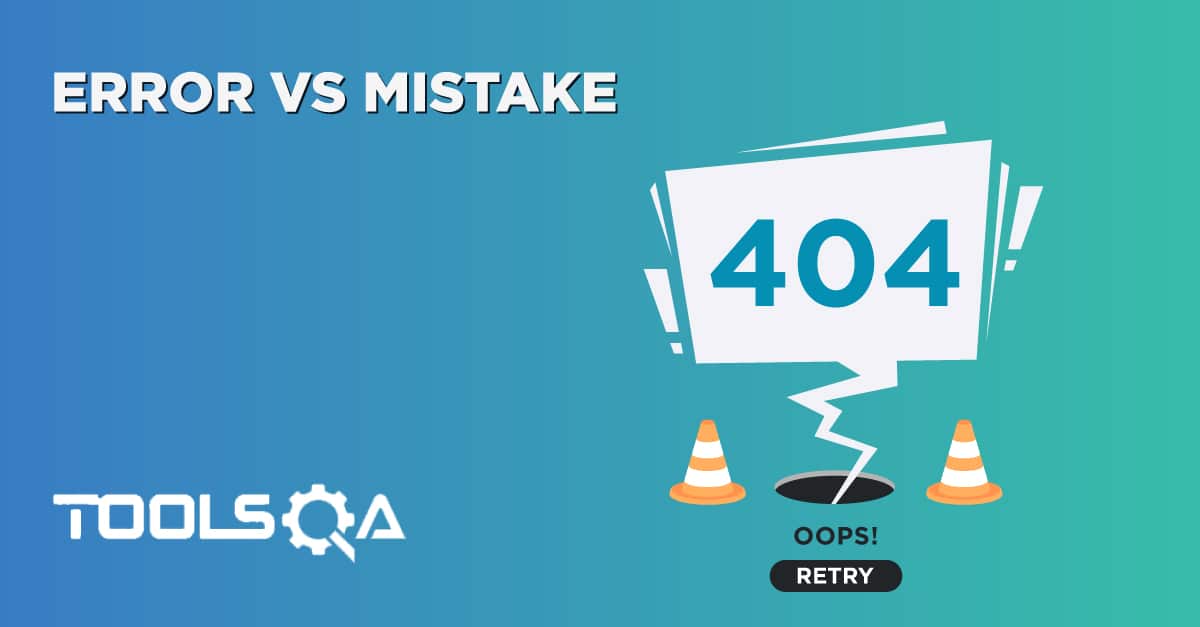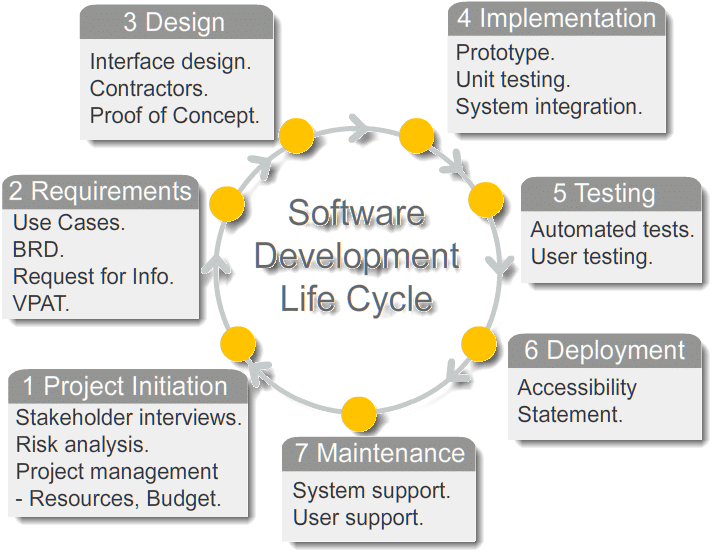Table of Contents
What is Specification Based Testing?
Specification Based Testing Technique is also known as Behavior Based Testing and Black Box Testing techniques because in this testers view the software as a black-box. As they have no knowledge of how the system or component is structured inside the box. In essence, the tester is only concentrating on what the software does, not how it does it.
Both Functional Testing and Non-Functional Testing is a type of Specification Based Testing.
Specification Based Test Design Technique uses the specification of the program as the point of reference for test data selection and adequacy. A specification can be anything like a written document, collection of use cases, a set of models or a prototype.
Types of Specification Based Testing Techniques
- Equivalence Partitioning: Software Testing technique that divides the input data of a software unit into partitions of equivalent data from which test cases can be derived. Learn More
- Boundary Value Analysis: Software Testing technique in which tests are designed to include representatives of boundary values in a range.
- *Decision Tables: Software Testing technique in which tests are more focused on business logic or business rules. A decision table is a good way to deal with combinations of inputs. *
- State Transitioning: Software Testing technique which is used when the system is defined in terms of a finite number of states and the transitions between the states is governed by the rules of the system.













